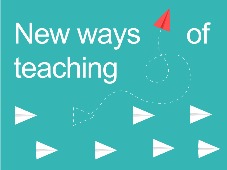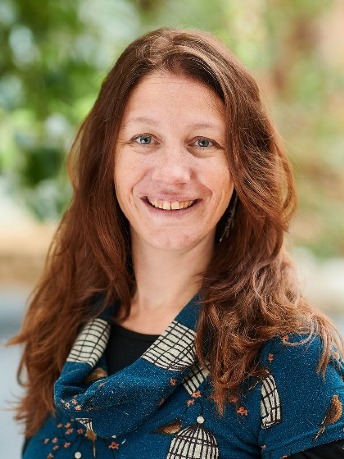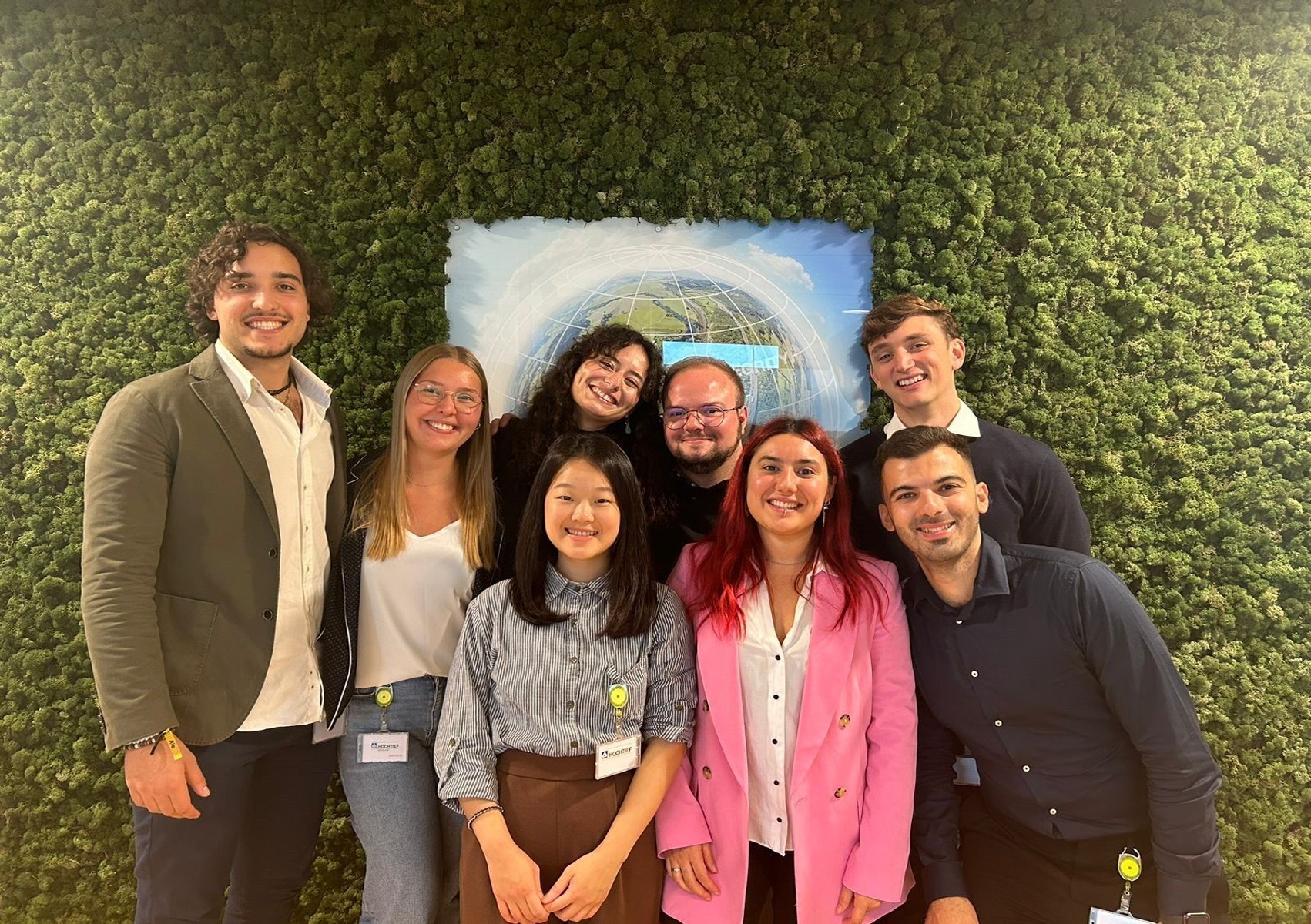For real this time: gaining practical experience through work-based learning

In New Ways of Teaching lecturers talk about their innovative, creative, and effective teaching initiatives. From unusual teaching methods to new technologies — anything is possible. How do these ideas arise and what impact do they have on students? This month: combining business and academia in work-based learning.

How can you best prepare students for a career outside academia? According to Dr Saskia Grooters, director of the Science, Business & Policy (SBP) track at the Faculty of Science and Engineering (FSE), the answer to this is work-based learning. Engaging students in real-life projects with societal impact allows them to experience a career outside of academia while applying their academic knowledge.
Experience is the best teacher
The SBP track is a Faculty-wide initiative of the Faculty of Science and Engineering, integrated into almost all general Master’s degree programmes, which has existed for more than 20 years. It stems from European educational policy and aims to prepare students for careers outside academia. The work-based learning method allows students to gain actual experience. After all, what better place to learn the trade than in practice?
From start-ups to the European Union (EU)
The SBP track consists of two introductory modules. In the first module, we introduce students to business. They take a business administration crash course, taught by staff members of the Faculty of Economics and Business. Following this, the students get involved in group projects for companies, where they integrate knowledge from academia and business administration and give advice on a problem the company is facing. An example would be a small start-up company that needs advice on entering the market with an innovative technical product. But you can also think of a large pharmaceutical company that wants to learn how to produce more sustainably or expand into other parts of the world.
The second part of the track is about policy. Here, the students learn about public administration from lecturers from another faculty. After an intensive course, they also apply this knowledge by integrating their academic background with involvement in projects for a government agency. Among other things, we work on projects at the local level, for example for a Municipal Health Service (GGD), but also nationally for ministries or the RIVM, and even internationally for the European Union. In the policy projects, policy issues related to an academic subject are analyzed and resolved for the respective government agency.
Soft skills
We have a personal development learning pathway throughout the SBP year. During the courses, there are regular workshops related to this topic, such as dealing with stress and conflicts, leadership, and assertiveness. We have an open-door policy where students come not only to ask subject-related questions but also to seek guidance on issues such as negotiating their placement allowance. Of course, there is also a lot of emphasis on professional development. We do this through workshops, but also by focusing on networking and actually engaging with potential employers. By doing so, we aim to give students a concrete idea of their professional options.
No two days are alike
As a lecturer, working for SBP is incredibly fun. In teaching, you often have an annually repeating cycle, where the teaching material and format remain the same. That could get boring, but because we at SBP work with work-based learning and work on projects for real clients, every year is different. The methodology we use remains the same, but the content of the projects varies constantly. Moreover, we work on current, societally relevant issues that are closely aligned with contemporary themes. As a result, as a lecturer, you are not only engaged in teaching, but also in exploring new themes, companies, and societal developments. This makes working at SBP incredibly dynamic and interesting.
For real this time
Students also greatly appreciate that the projects they participate in have a real societal impact. They feel that their work actually matters. These are not pre-packaged assignments whose outcomes end up on a shelf or in a desk drawer. Instead, they directly influence the direction of a company or help address a concrete societal problem through policy advice for a government agency. That reality makes it interesting but also challenging and ensures that students are engaged and energized. The responsibility given to them, combined with the chance to make a real difference, motivates them enormously.

Taking matters into your own hands
We ask students if they are looking for consultancy assignments themselves. That means that, like real consultants, they are engaged in project acquisition. The whole process — from identifying potential clients to formulating a consultancy assignment — is done by the students themselves. We are ready to coach them in this, but the responsibility really lies with them. This makes them actively engaged in exploring the market and making valuable connections right from the start of their placement.
Not just interns
Once they secure a placement, students work as independent consultants for their client. For six months, they are working internally at an organization to develop strategic advice, or to draft policy advice if it is a government agency. They dive deep into the organization, conduct analyses, and talk to stakeholders, using their scientific background to come up with well-founded advice. So they are not just interns tagging along but are seen as full-fledged interlocutors. This role not only gives them insight into how practice works but also lets them experience how they can use their academic knowledge to make an impact.
Check out Saskia Grooters' recently published thesis to learn more about SBP education.
More information
-
Saskia Grooters
-
Read other editions of New Ways of Teaching
| Last modified: | 10 December 2024 10.28 a.m. |
More news
-
24 March 2025
UG 28th in World's Most International Universities 2025 rankings
The University of Groningen has been ranked 28th in the World's Most International Universities 2025 by Times Higher Education. With this, the UG leaves behind institutions such as MIT and Harvard. The 28th place marks an increase of five places: in...
-
05 March 2025
Women in Science
The UG celebrates International Women’s Day with a special photo series: Women in Science.
-
16 December 2024
Jouke de Vries: ‘The University will have to be flexible’
2024 was a festive year for the University of Groningen. In this podcast, Jouke de Vries, the chair of the Executive Board, looks back.
